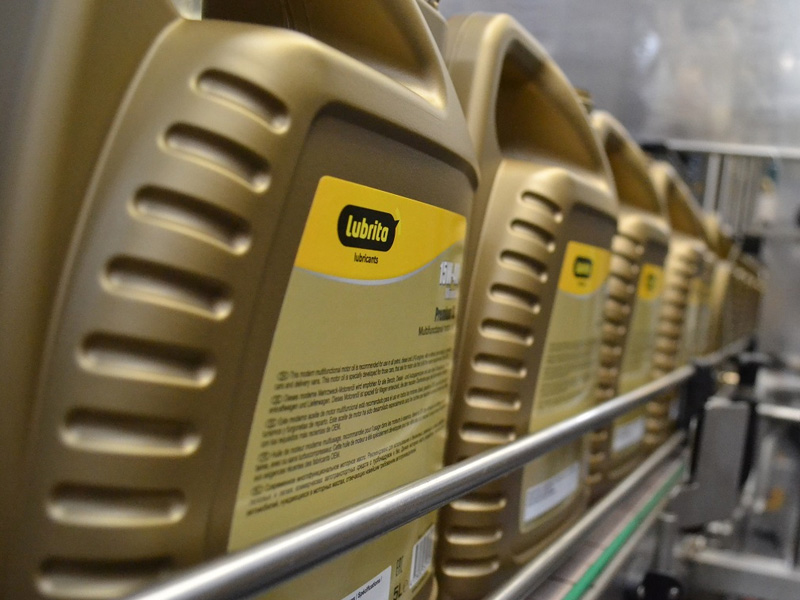
What do additives do to lubricants?
Additives are chemical compounds added to lubricants to enhance their performance, address deficiencies in base oils, and optimize their properties for specific applications. They play a crucial role in improving the lubricant's characteristics and extending the service life of both the lubricant and the machinery in which it is used.
Additives provide various functions and benefits in lubricants:
Modify Viscosity: Viscosity modifiers improve the viscosity-temperature characteristics of lubricants, preventing them from becoming too thin at high temperatures and too thick at low temperatures. This ensures consistent performance across various operating conditions.
Reduce Wear: Anti-wear additives form a protective film on the surfaces of moving parts, minimizing metal-to-metal contact, friction, and subsequent wear and tear on machinery.
Extend Oil Life: Antioxidant additives prevent oil oxidation, reducing the formation of sludge, varnish, and other harmful deposits. This prolongs the service life of the lubricant and helps maintain machinery cleanliness.
Clean Engine and Machinery Surfaces: Detergent additives help keep surfaces clean by neutralizing acidic by-products and dispersing soluble contaminants in the oil, preventing deposits from forming on surfaces.
Keep Contaminants Dispersed: Dispersant additives prevent the accumulation of contaminants and the formation of sludge, varnish, and other deposits by keeping them dispersed in the oil, enabling easier removal during oil changes or filtration processes.
Protect Against Rust and Corrosion: Rust and corrosion inhibitors preserve metal surfaces in machinery by forming a protective layer on the surfaces, reducing the potential for oxidation and moisture damage.
Control Foam Formation: Anti-foam agents control foam formation by reducing the surface tension of the oil and accelerating the breakdown of any foam that forms, improving the lubricant's performance.
Improve Low-Temperature Performance: Pour point depressant additives enhance the flow properties of lubricants at low temperatures, reducing the temperature at which the lubricant becomes too thick to pour or flow. This improves cold-start performance.
Optimize Friction: Friction modifier additives alter the frictional properties of the lubricant to minimize energy consumption, reduce wear, and improve fuel efficiency.
Additives play an essential role in maximizing the performance, efficiency, and reliability of lubricants in various applications. Selecting the most suitable additives for specific applications contributes to the longevity and smooth operation of machinery and equipment. Proper monitoring of lubricant condition through oil analysis can help ensure the additives remain effective and identify any need for changes or adjustments in the lubricant formulation.